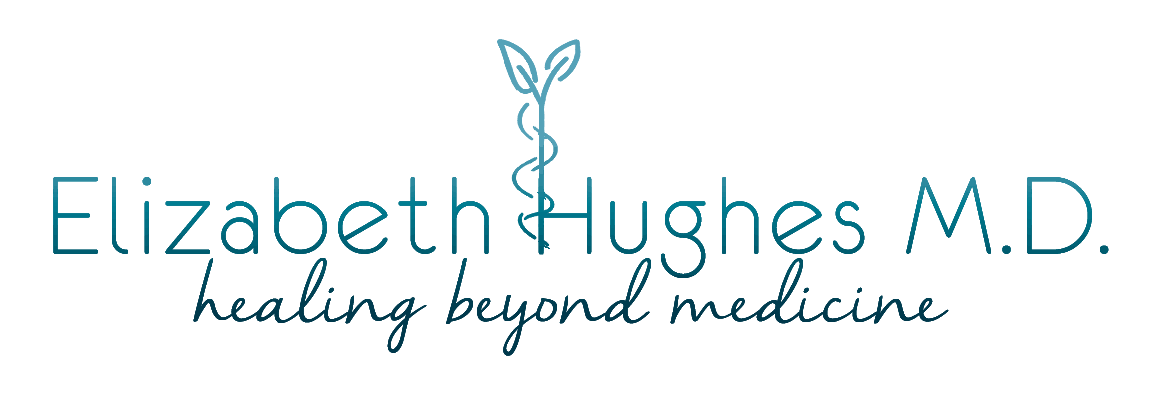Are You a Physician Who Thinks You’re a Slave?

So, when he wrote his LinkedIn profile, what job title do you think he listed? Physician? Physician scientist? Researcher?
No. He listed his title as “slave.”
Though he was trying to be funny, it’s gallows humor. He’s voicing a sentiment that far too many physicians feel. I know from personal experience. Just a few months ago, I described myself as an indentured servant. If you took a confidential poll of a physicians, I bet you’d get a similar response from at least half of them.
We all — whether you work in healthcare or if you think you’ll ever need a doctor — need to ask ourselves the following question: Why do physicians feel like slaves despite the fact they’ve spent years and years to master their profession?
There are lots of directions to point fingers: MOC, ICD-10, ACA, Meaningful Use, insurance companies, and a host of other factors. But these factors are just symptoms of a larger issue.
The real issue is power. Anyone who enters medical school has a huge supply of power — the power of curiosity, intellect, creativity, perseverance, intuition, and compassion. These are the qualities of a great physician, a true healer. However, medical training is quite literally indentured servitude. Physicians start their careers on the very bottom rung of a rigid, hierarchical system. During the agonizing climb up the ladder to mastery, we expend and eventually forget the power which is innate in each of us.
The current epidemic of burnout among physicians goes beyond a personal crisis for individual physicians or a human resources problem which hospitals and medical groups need to solve. It’s brain drain. Tally up all the burned out physicians in the country and it will amount to the loss of thousands of motivated, caring, intelligent people.
What’s one of the most effective resources in medicine, both therapeutically and in terms of cost? The one-on-one relationship between a physician and a patient. However, physicians underestimate the therapeutic power of this interaction because they’ve lost touch with their innate strength. It’s time to reverse that misconception.
Eventually each one of us will need a physician. When we do, we’ll want a doctor who is intelligent, creative, motivated, and compassionate. We physicians have the power to heal, not just our patients, but our broken medical system. But first, we have to stop acting like slaves.

